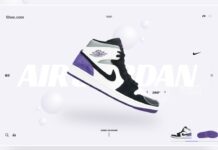Open source web development frameworks are free software frameworks that allow for web application development and deployment.
Advantages of Utilizing Open Source Frameworks for Web Development
Cost-Effective: Open source frameworks are available freely even for commercial use, unlike proprietary frameworks. Those who are budget-challenged can always start small, explore open-source frameworks for web app development and scale their project up later-on. These frameworks also come with free updates and higher security reducing the burden on administrators.
Ensure Stability: Your web application needs a stable progressive web app framework to operate efficiently and to deliver the desired results. Utilizing open-source frameworks allows developers to modify the application and extend the framework to suit their objectives.
Offer Flexibility: Open source frameworks often have minimal restrictions, allow developers to work on their projects with complete freedom and do not come with any licensing issues. This flexibility enables developers to come up with creative applications.
Talent Availability: Developers around the world are well-versed in using open source frameworks for their projects. Skilled developers create multiple projects with open source frameworks and are readily available for hiring. You can get your web applications developed faster with the help of an outsource mobile app development company.
Open Source frameworks are preferred and endorsed by many software developers as they simplify code reusability by providing readymade templated libraries to access the database and session management.
With multiple open source frameworks available in the market, it is important to select the right framework for your web development project.
To solve this predicament, you can refer to the below list of the top 10 open source frameworks for Web Development:
Here’s our top picks
#1 Laravel: Those who use PHP for a web development must have heard of the Laravel framework. It is the most popular open-source web development framework based on PHP and provides a vast ecosystem of various platforms such as Forger and vapor that serve different software development requirements.
Laravel follows the Model, View & Control or the MVC pattern which makes it easier for developers to manage the application database and is the most secure PHP frameworks out there.
BBC, 9GAG, TourRadar and CrowdCube are some top companies using Laravel for developing their Web Applications.
#2 AngularJS: This JavaScript framework is backed by Google and supports Single Page Application features. AngularJS is easy to learn, allows developers to extend their HTML vocabulary to build dynamic web applications, has a two-way binding feature and supports units testing along with end-to-end testing.

For developing high quality single page applications, there is no better framework than AngularJS as it is feature rich and eliminates the dependency on third party applications for web development.
Applications developed by Google such as Gmail and popular companies like Netflix, PayPal and Snapchat use this framework.
#3 Ruby on Rails: Also known as ‘Rails’, Ruby on Rails is the best server-side open-source framework in this list. This framework is easy to understand for amateur web developers and reduces web app development time by 30-40%.
The Ruby on Rails framework offers a wide variety of ready to use plugins, follows the MVC model and utilizes HTML and CSS for UI. It is great for developing cloud-based applications, social networking and e-commerce sites that need site functions including custom price algorithms, bulk uploads and so on.
SoundCloud, Shopify, Zendesk, and Airbnb are a few well-known companies that use Ruby on Rails for their web applications.
#4 Django: Django just like Laravel is a PHP based open-source framework. Many developers and companies prefer Django because it helps develop web applications faster, is secure and most importantly, is scalable.
This server-side framework is great for developing web applications with high traffic and volume of transactions.
Popular web applications such as Pinterest, Mozilla, and Quora have been developed using Django.
#5 Cake PHP: Licensed under MIT, Cake PHP, is a framework capable of developing commercial web applications. This framework allows developers to build a prototype for their application without any hassle and has in-built tools for database access, input-validation, and translations.
The Cake PHP framework supports multiple languages and is great for creating blogs or websites. It is also highly secure as it provides advanced security features such as cross-site request forgery protection, SQL injection prevention and cross site scripting.
#6 React: Developed by Facebook, React is a JavaScript framework that allows for the development of highly responsive single-page web applications. It has a simple design and is much easier to learn than AngularJS, thanks to its JSX syntax extension that supports pseudo HTML coding.
While it acts more like a frontend library than a framework, React can be used for both server-side and client-side web development.
Facebook, WhatsApp and Instagram the most popular social networking applications use React.
#7 Node JS: NodeJS is an open source JavaScript runtime environment that helps in building real time applications and is a scalable way to execute code. It supports coding in JavaScript for both server-side and client-side web development.
Written in C++, Node.js is designed for multiple operating systems, and as a result is super-fast. NodeJS uses Google’s V8 JavaScript search engine for interpreting the code. Google’s V8 directly compiles the JavaScript code into machine code. Thereby, implementing the code effectively and easily.
LinkedIn, Yahoo, Uber and eBay utilize NodeJS.
#8 Spring: Spring is an open source JavaScript Framework that is great for developing enterprise web applications. It is a lightweight yet a powerful framework that deals with the common problems in Java EE.
Spring framework supports both XML and annotation based configuration and provides a consistent transaction management interface for local as well as global transactions.
Accenture, Intuit, Zillow and Transferwise use the Spring framework.
#9 Backbone: This lightweight open source JavaScript library with over 100 extensions, allows for the development of high-quality client-side applications. Since it helps you in organizing code, it is the actual Backbone of your web application.
BackboneJS offers multiple building blocks for assembling client side web applications, such as templates, views, events, routers, and collections.
Basecamp calendar, Foursquare, Flowdock, and Hulu are some popular web applications utilising BackboneJS.
#10 Flask: Like Django, Flask is a python based open-source framework which supports extensions but does not integrate with any third-party libraries. This framework is great if you wish to develop simple web applications using NoSQL databases.
Flask documentation is well-structured, full of examples and you can study sample applications to get familiar with this framework. It is one of the best feature-rich micro frameworks you can find. Like AngularJS, Flask allows for thorough unit testing.
The web applications Lyft, Reddit, Mailgun, and Patreon use Flask.
Wrapping up
In conclusion, open-source frameworks are flexible, allow you to develop web applications faster and easier to test. These frameworks provide a stable environment for developers to come up with innovative web applications freely. Hopefully, the above list will help you find the framework that aligns with your web development objectives.







